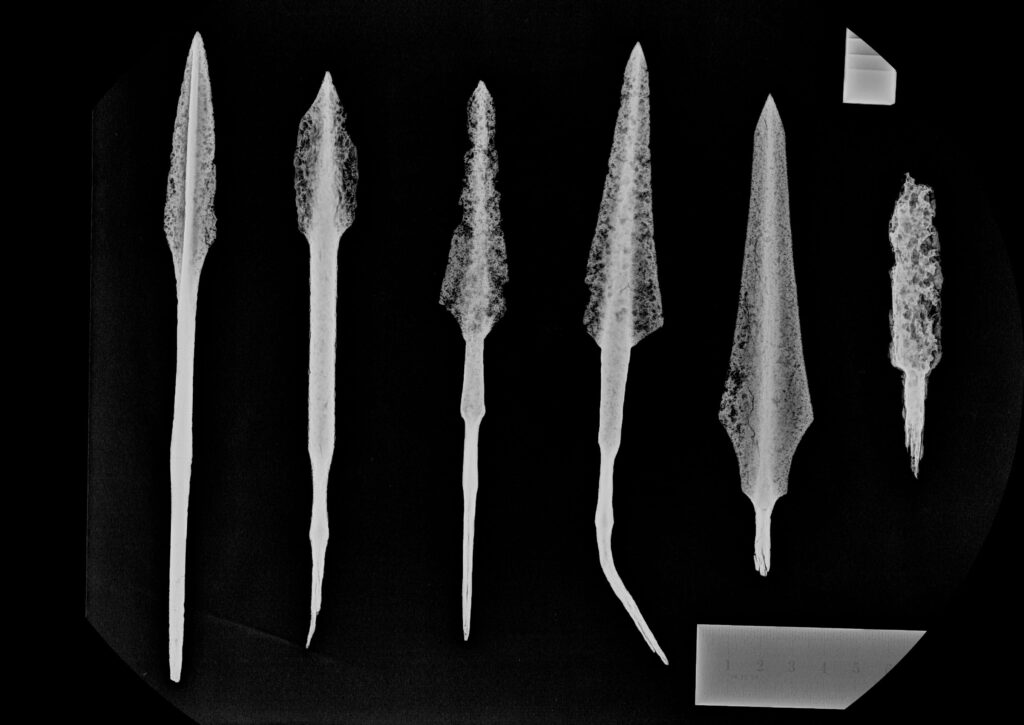
FAIR data for Heritage Science
How can researchers and specialists implement Open Science and the FAIR data principles in their work? What are some basic rules for good data practices in a research project? The seminar adresses these issues and discusses some of the challenges ahead.
The digital revolution has created new possibilities for research and knowledge production, but also challenges for long-term preservation and accessibility. Funders now demand data managements plans and that results in the form of datasets, images, tables etc adhere to the FAIR principles: findable, accessible, interoperable and resusable.
While this may seem like a daunting list of technical requirements, it is mainly a question of good data practices. However, it does mean that researchers and specialists will have to adjust the way they execute projects, starting in the planning phase. In order to do that they need to understand not just what they must do, but also why. Aiming for FAIR data is an effective way to ensure that your research is discoverable, becomes used and that it is properly cited.
”FAIR data for Heritage Science” was a research and development project by the National Heritage Board in 2022, aimed at developing guides and recommendations for specialists who do laboratory analyses on cultural materials, ranging from archaeological objects to historical buildings to modern art.
This interdisciplinary work requires taking into consideration both the needs of the Natural Sciences and the Humanities when making the data FAIR. The results are useful for anyone working in the fields of heritage studies, and can increase visibility of research done on materials in museum and archival collections.
Webinar
When: May 9th, 14.00-15.45 CEST
Where: Digitally via Teams
In this digital seminar Åsa M Larsson, National Heritage Board, and Barbro Bornsäter, Uppsala University Library, will present the project results in English, and explain how using controlled vocabularies and linked data are a major help.
We will also show how research infrastructures like Swedigarch are being constructed on the principles of FAIR and linked data. We will disucss the challenges many face when having to plan for data management when it comes to heritage studies, and what we see as important steps that need to be taken to make this easier in the future.
The seminar is given in collaboration with Swedigarch – National Infrastructure for Digital Archaeology and Uppsala University Library.
